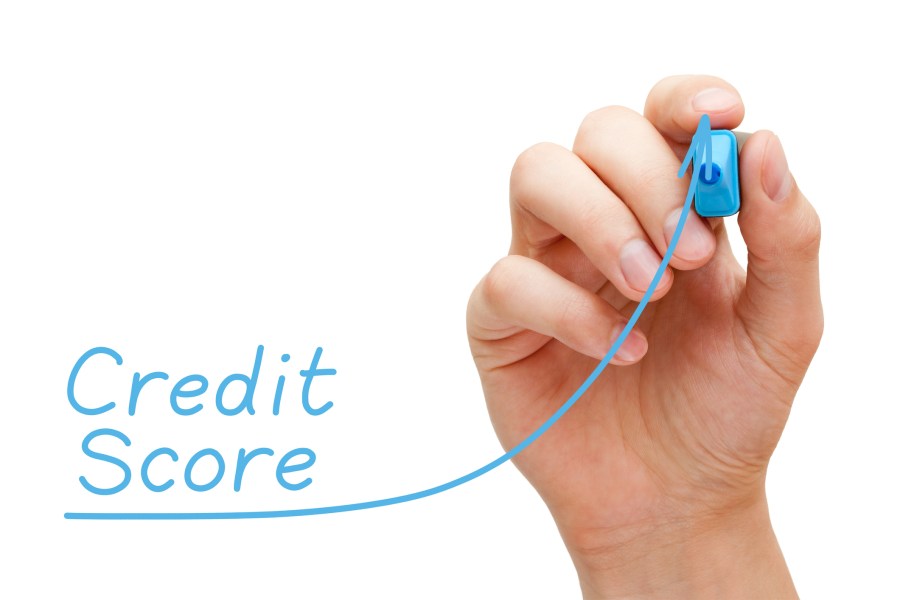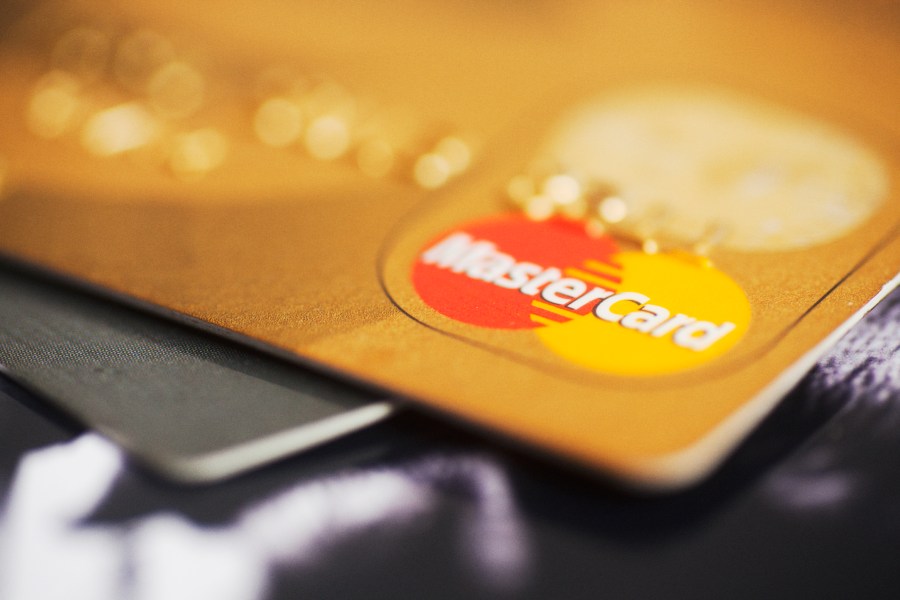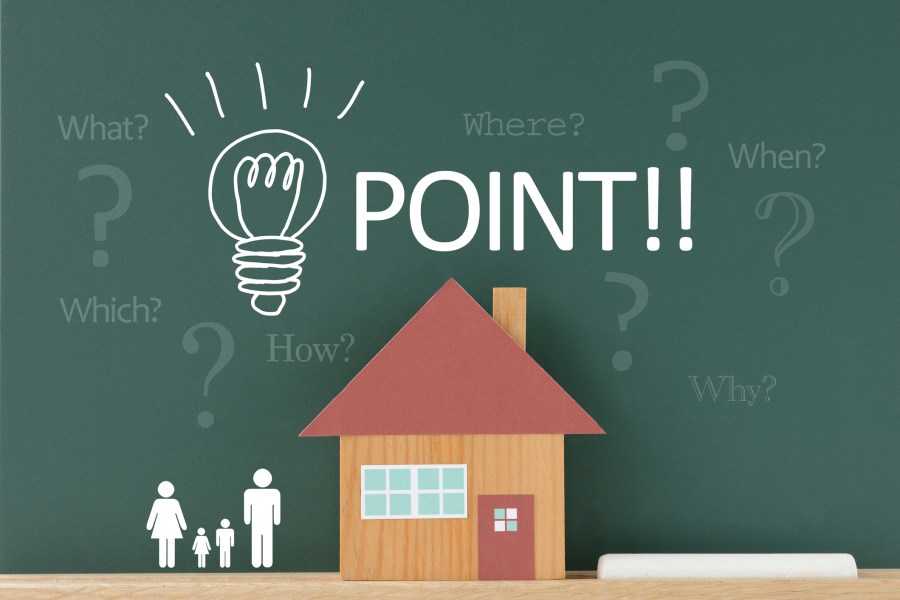
For many people, one of the greatest achievements in life is owning a home. If you’re one of the lucky few, your savings or a financial windfall will cover the cost of buying your home, but if you’re among the masses, you will need to take out a home loan to pay for your dream home. Fortunately, a number of lenders specialize in home mortgages for consumers in all types of buying situations. But don’t rush in blindly. Make sure you’re armed with the right information to get the best deal at the lowest possible rate.
In addition to finding a home that you’re excited to call yours, you’ll also need to feel confident that you can afford to make payments on the home for up to 30 years or sometimes longer. Of course, the price of the house is a big factor in how much those payments will be, but a less obvious factor is the interest rate you secure on your mortgage.
With both housing costs and interest rates on the rise, now is a good time to do everything you can to set yourself up for success on the housing market. Fortunately, there are things you can do to help you get a good interest rate that aren’t affected by market conditions. Read on to learn about actions you can take now to set yourself up for success in future home buying endeavors.
Raise Your Credit Score

Raising your credit score is one of the most significant ways to impact your mortgage rate. Most lenders will not consider someone with subprime credit, usually in the low 600s, but it will vary by lender.
Depending on what is causing the low score, you may need to work on paying off debt or even file disputes against some of those debts. It is important to start working on your credit months before you plan to start looking for a home. It can take several months for changes to reflect on your credit report.
You will also need to avoid opening new lines of credit, such as getting new loans or credit cards. You may need to open a new line of credit only if you don’t have enough open lines to qualify for a loan.
Decrease Your Debt

Paying off debt such as loans and credit cards frees up available income when lenders calculate your debt to income ratio. This can not only help you get a better interest rate but also allows you to purchase a more expensive home.
As a general rule, you should get your credit utilization below 30%. While getting your debt even lower would be a good idea, this is the threshold where it really begins impacting your credit score. If you do pay off your credit cards, be sure to continue using them to keep them active.
Increase Your Down Payment

Increasing your down payment can have an impact on not only your interest rate but also your monthly payment. Ideally, you would have a 20% down payment when buying a home. However, many buyers don’t have that much and end up paying for private mortgage insurance.
Private mortgage insurance can cost over 2% of the amount financed annually. This fee does not benefit the buyer and stays in place until they have paid 20% into the loan. Besides the savings from private mortgage insurance, you could also see savings from a lower interest rate.
Depending on your loan type, a higher down payment could help lower your interest rate. You should discuss the impacts of a higher down payment with your lender to make an informed decision.
Work With a Real Estate Agent

You may be surprised to find out that working with a real estate agent can also help you get the best mortgage rate. While they are not directly part of the financing process, they possess knowledge of many aspects of the industry because of their experience.
More importantly, they will understand the problems with certain properties that could keep them from getting financed. Real estate agents will also know if properties qualify for special financing like rural development.
Compare Mortgages

Not all mortgages are created equal; some have rates dependent on your financial circumstances, while others are set. For instance, some government-backed loans have a fixed interest rate that is the same for all borrowers. Whereas the interest rates on conventional loans will greatly depend on factors such as credit.
Your lender will be able to present all of your options so that you can make a decision. You will generally want to steer clear of variable-rate mortgages because of their unpredictability. But there are also other factors to consider besides just interest rate.
While interest rates are important, you may want to consider loans like the USDA rural development loan, which does not require a down payment. However, this loan does require mortgage insurance if you don’t put 20% down. If you or your spouse were in the military, you should also consider a VA loan which has its own benefits.
Another option to consider that will save money, in the long run, is a shorter loan term. Many people go with a 30-year loan. However, you are not required to go with a set interval. Instead, calculate the costs of doing a 25 or even 20-year mortgage. This will save a decent amount on interest without making your monthly payments unreasonably expensive.
Pay for Discount Points

Paying for points is one of the most straightforward ways to save on your interest rate. However, it is often overlooked because it can be very confusing. Buying points allows you to pay an upfront fee for a lower interest rate. This will result in a slightly lower monthly payment.
This may be a good option if you already have a 20% down payment and can afford to put more money into the house. Keep in mind that it could take upwards of 10 years to recoup the money you spent to buy the points.
Because of the length of time it takes to get back the money spent. You will need to plan on living in the house for at least that long. If you decide to sell the house in a few years, all the money spent on the points is essentially wasted.
Get a Second Opinion

You shouldn’t feel pressured into using the first lender you talk to. It is common for other lenders to offer different rates, so you will want to see what they have to offer. If you went to a bank first, check with a credit union or a mortgage production office. Getting 2 or 3 different opinions is always a good idea as these lenders may also be able to offer something that the other ones were unable to.
Buying a home is one of the biggest decisions and purchases you will make, and it is crucial that you don’t miss any details. Don’t forget to always ask questions. If there is anything you are uncertain of or not clear on, be sure to ask.





